How NOT to translate movie titles
The name of the film is the first thing the viewer pays attention to. The first contact with the movie determines the interest in it. It depends on the name whether a person will watch a movie trailer and whether he will go to the cinema for him.
And if you consider that the film industry brings media corporations tens of billions of dollars, then the names are carefully selected based on the trends, the reaction of the target audience and other marketing factors.
Films designed for global distribution are localized in dozens of countries. This is where the whistlers begin. After all, often the names are translated completely differently than it was in the original. Sometimes this is a justified step, but there are options when a “new” name simply does not fit the head. About this and talk.
')
The main reason is very simple - to make the film better sold in a particular market. The peculiarities of the American, Russian, and Asian film markets are very different; therefore, localization is most often done by individual companies that are familiar with the specifics.
For example, the comedy “Crazy Special Forces” was originally called “The Men Who Stare at Goats”. And we also believe that the film with the title "People who stare at goats" in the Russian box office would not have pulled out even George Clooney.
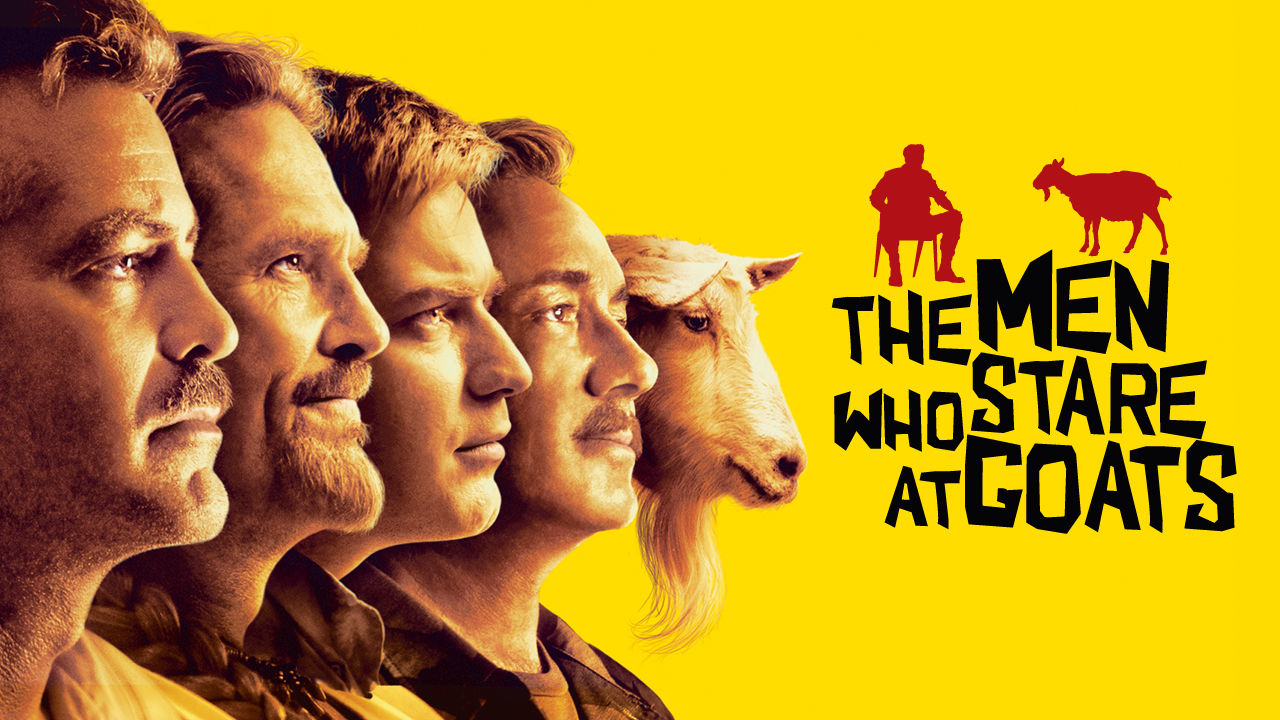
On the other hand, marketers love to mention sex - it perfectly enhances the attendance of movies. That is why the comedy “No Strings Attached” was localized as “More Than Sex”. In a literal translation, the name would be “Without commitment”, which also seems to hint at sex, but the target audience might not understand. Localizers decided to play it safe.
As for the really cool marketing gimmicks from localizers, then one of the posh examples is the film “Public Enemies”, which in the Russian box office turned into “Johnny D.”. The main character of the film was John Dillinger - the famous American criminal of the 1930s, and his role was played by Johnny Depp. It turns out that localizers got into several goals at once: the name quite harmoniously fits the film, referring to the main character, and the viewer gets a direct association with Johnny Depp.
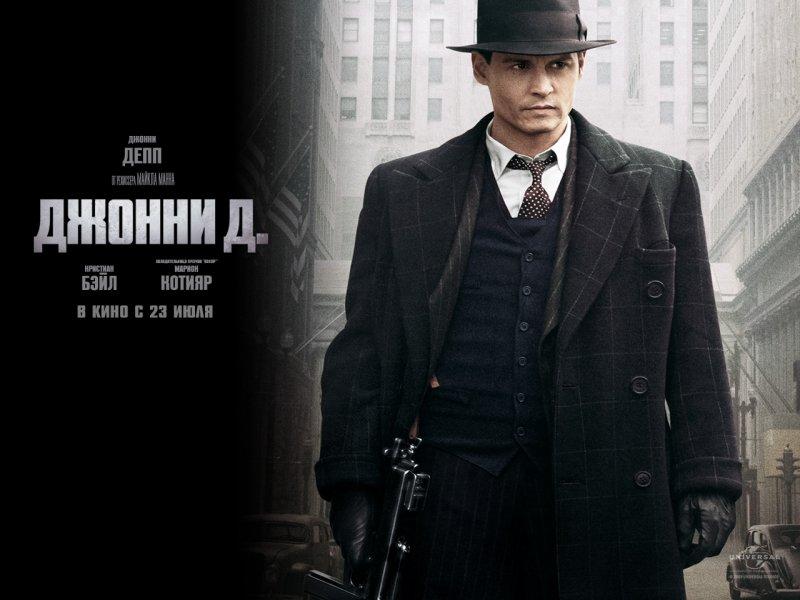
Full replacement of the original name is understandable and permissible. But, rather, this is an exception to the rule, because this trick works only in isolated cases.
This reason is especially relevant when localizing American films on the Russian market. American patriotism is often emphasized in films from the United States, especially in action movies and historical films.
"American" in the United States has already become a brand, because if something is called "American", then for residents of the United States it is almost automatically considered good.
But in Russia, especially in the last 5 years, the word “American” causes negative associations, so they are trying to bypass it. For example, the film “American Sniper” (2014) was translated as “Sniper”. Apparently, the publisher was afraid that the word “American” in the title would negatively affect the hire.
Another telling example: “The First Avenger” (2011) is a fantastic film based on the Marvel comics. In the original, it was called "Captain America: The First Avenger." “Captain America” from the title just disappeared - and this despite the fact that Marvel has a strong tendency to mention the name of the superhero in the title of the film.

The Russian film distribution market contains a very interesting feature. Many visitors decide to watch a movie by poster only. Yes, many approach the choice carefully, watch the trailers and read the descriptions, but the percentage of spontaneous selection is very large.
To give at least some information about the film, localizers resort to tricks. Often they look like excesses, but perform the function assigned to them. This is especially true of the headlines, where only the names of the characters are indicated.
Here are some examples:
Yes, it looks like crutches. The method is controversial, but one of the permissible. After all, “Hitch”, “Alfi” or “Hellboy” in no way helps to find out what the film will be about. And for a person who chooses a movie spontaneously, this is important.
And yes, localizers often go too far, so these “crutches” start to look absurd.
Let's move on to the practical part. In the Russian hire very often come across the names of films that were localized crooked. In some cases, localizers chased profit, neglecting the original name. In others, the lack of awareness of the plot and movie characters played a role.
Therefore, we analyze the names of films that have been translated especially crooked.
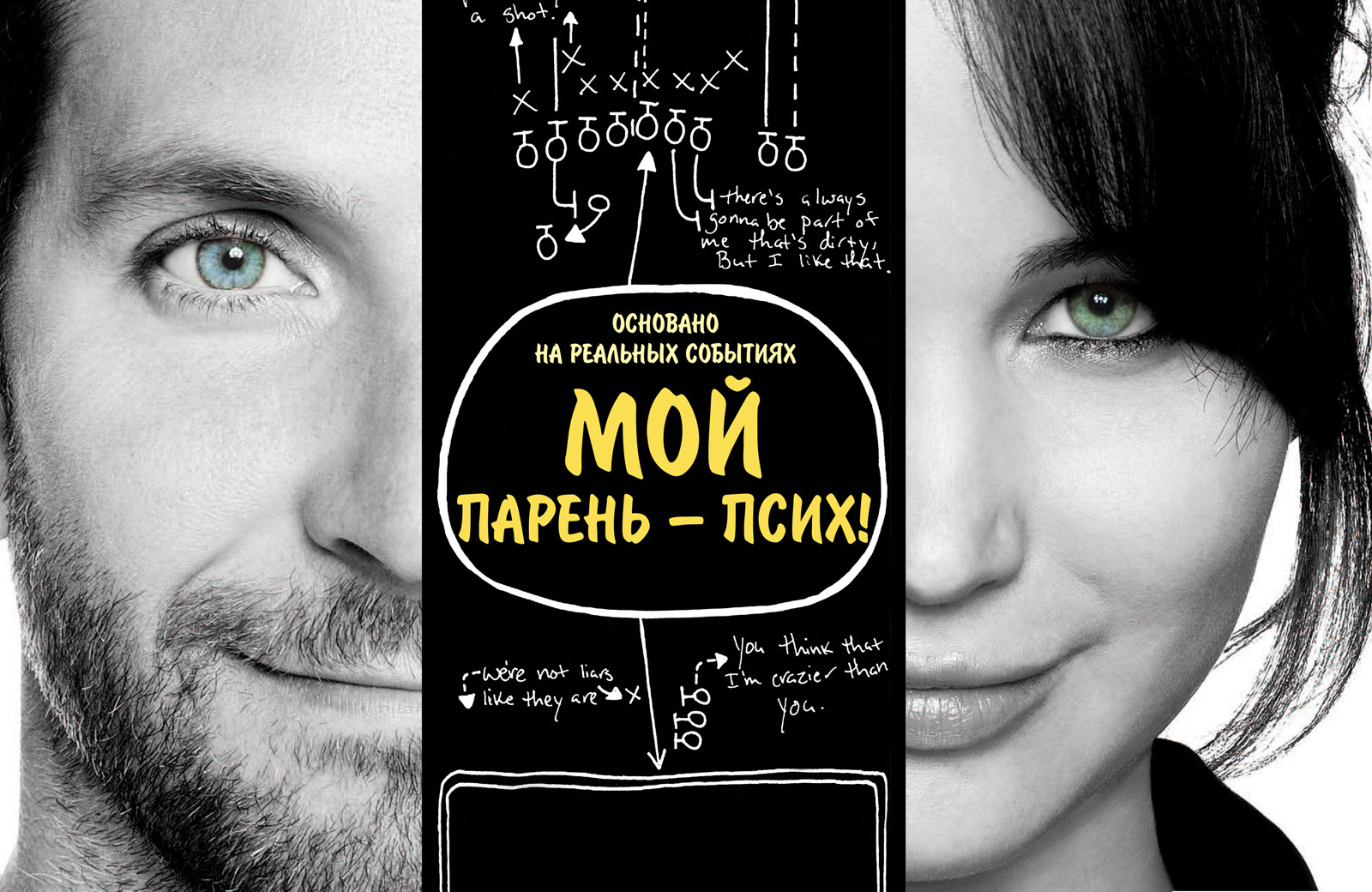
The title of the film includes a rather subtle wordplay based on the saying “Every cloud has a silver lining” (lit. “Every cloud has a bright lining”). On the basis of this saying in English, the phraseologism “silver lining” has formed, which means “the bright side of something” or “an encouraging prospect of any difficulty.”
“Playbook” also has two meanings, which are also reflected in the film. The first is “a book containing scripts for dramatic plays,” which alludes to drama. The second is a “notebook that contains descriptions and schemes for teams playing,” namely, the hero and his father made money for living with sports bets.
It turns out that the phrase “Silver Lining Playbook” includes several different meanings at once, which reveal the essence of the film from different sides.
Russian localizers turned this great name into “My boyfriend is a psycho,” which immediately evokes an association of low-grade American comedy. Yes, people will go for it, but the meaning of the original name is completely ruined.
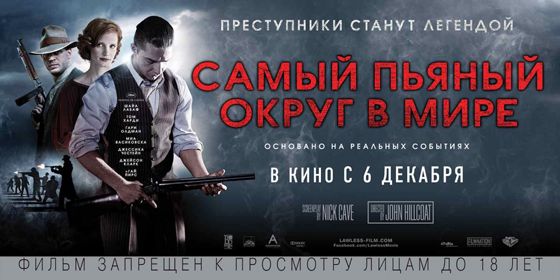
The original name of the film literally translates as "Lawless", so the localized "The most drunk district in the world" is completely the imagination of the translator.
Such a marketing move misleads the viewer. The phrase "The most drunk ... in the world" is associated with comedy, but in reality the film is a criminal action movie in which there is not too much of a comedy.
In pursuit of the collections, marketers are directly deceiving the audience, slipping one genre under the guise of another, more massive and popular. Money does not smell.
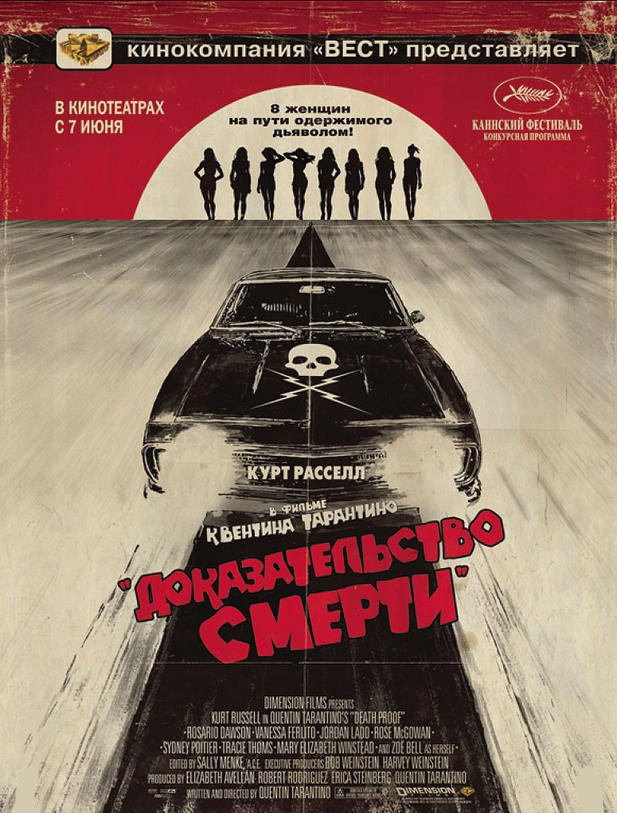
Here there is a clear cant of the translator, who chose the wrong one from several meanings of the expression.
The word "proof" has 17 meanings. One of them is “protection from something”. In Russian, this meaning is conveyed by a complex word. For example, "waterproof" - "waterproof", fireproof - fireproof. By analogy, the title of the film should have been something like “Dead-resistant”.
In the film, the protagonist says more than once that his car is "death proof", that is, extremely tenacious and resistant to breakdowns. However, the localizers did not understand the context, therefore the Russian name has nothing to do with the original.
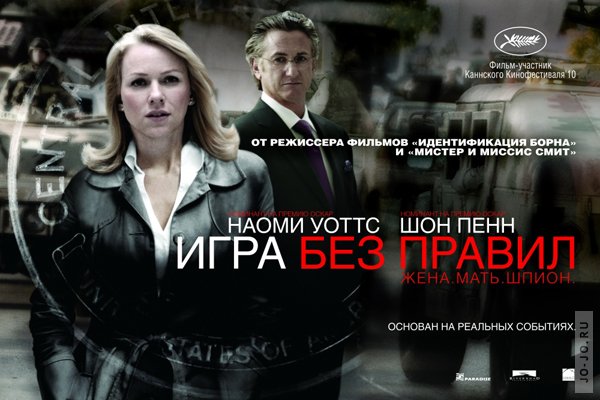
Another clear manipulation of the expectations of the audience. “Fair Game” is translated as “fair game”, but in localization we see the completely opposite meaning - “game without rules”.
It is clear that the film titled “Game without rules” will raise more money than Fair Play, but this approach completely contradicts localization from a linguistic point of view.
With such success in translating the titles of films, you can never look back at the original, but simply come up with “cool phrases” that will interest viewers.
This is also seen in the movie "All is Lost", which is localized as "Hope will not die."
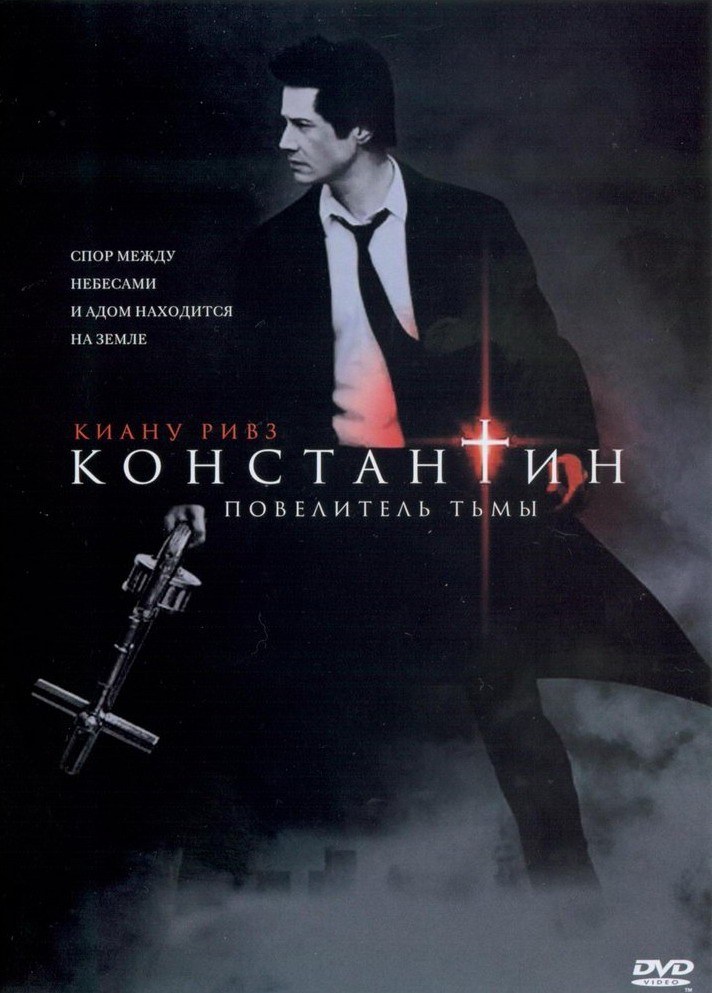
The localizer approach is clear: just “Konstantin” does not say anything. That's just with the clarification of the translators seriously screwed up.
John Constantine, the protagonist of the film, was not at all the "lord of darkness." Moreover, he actively fought against evil, and for this he was cursed just the same as the true master of darkness.
It seems that the translators did not watch the movie before localization, but just looked at the poster. Then yes, the grim protagonist is quite similar to the "sovereign of darkness."
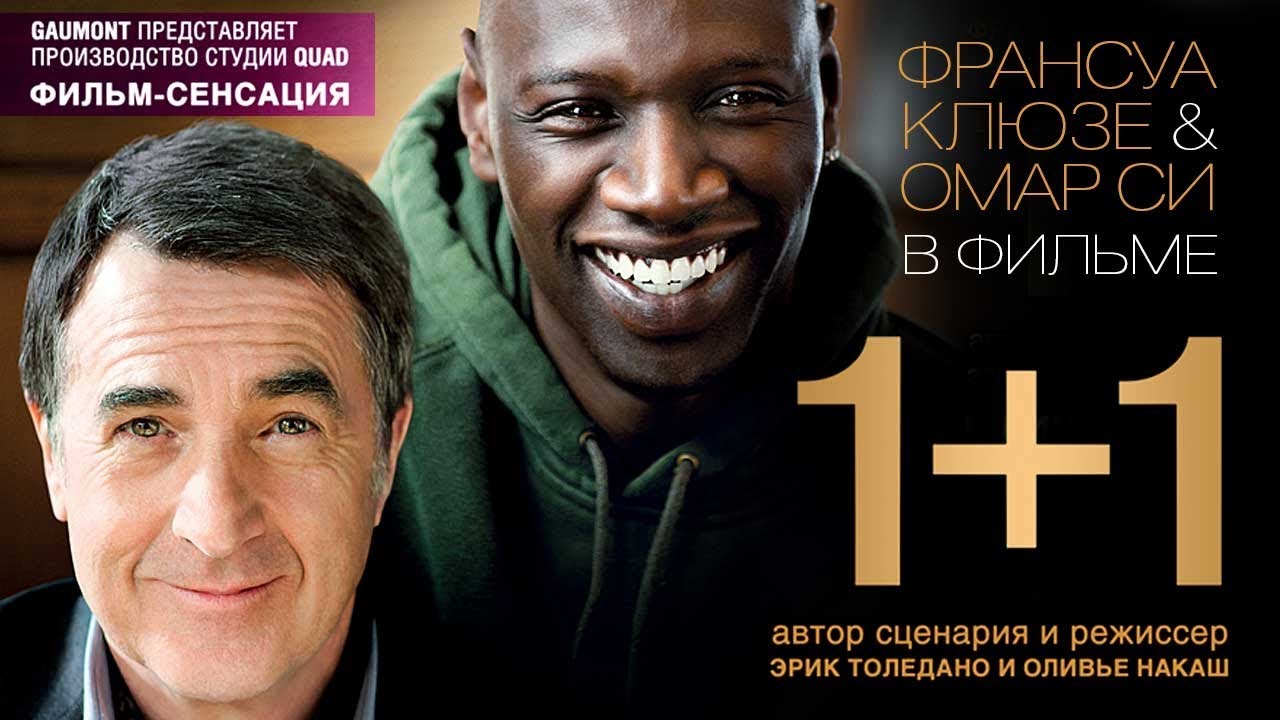
The title of the film in translation means "The Untouchables", and there is a clear allusion to the main characters, who are essentially outsiders of society. No one is an interesting aristocrat with a disability and a black man just released from prison - they are untouchables of modern society.
Apparently, localizers were afraid to translate the name directly, so as not to cause an association with the Indian caste of untouchables. However, this option would be better than “1 + 1”, which has no practical value and does not correspond to the original.
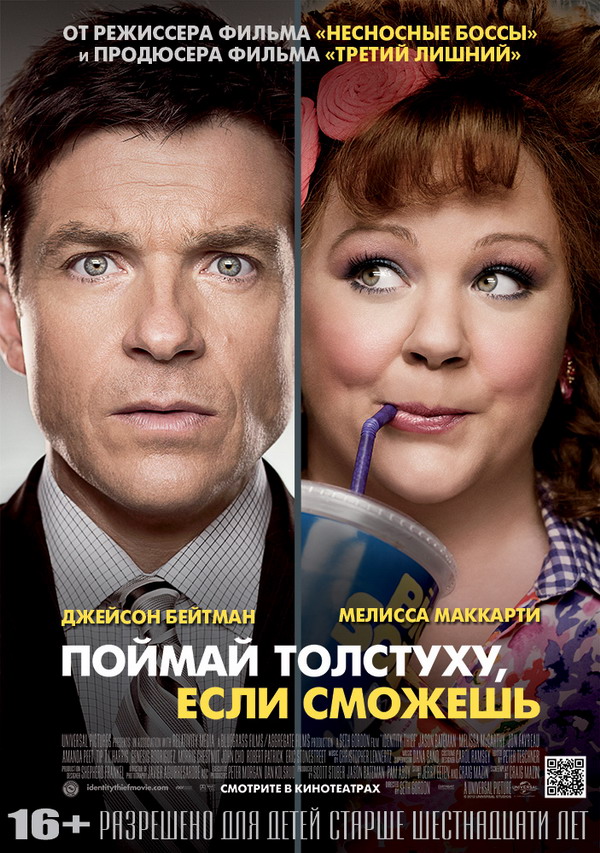
In the humble opinion of teachers of the English language school, EnglishDom is the leader of the absurd. “Identity Thief” is translated as “Identity Theft”. It is the theft of credit card data that makes up this comedy.
But it seemed to the distributors that it was too difficult to adapt the name to the original, so they simply invented a new one. To make it plainly clear that this is a comedy, and not some third-rate detective story. Yes, and made it in such a way that even for an inexperienced viewer, the name seems at least delusional.
In general, localizers deserved the Golden Raspberry and Mikhaloskar at the same time. This is really the worst of the titles of films in the Russian box office. In any case, among those about which we have heard. If you have even worse options, be sure to share it :)

→ Crank in English on online courses from EnglishDom.com
According to the link - 2 months of premium subscription for all courses as a gift.
→ For live communication - choose individual training via Skype with a teacher.
The first trial lesson is free, register here . The promo code goodhabr2 - 2 lessons as a gift when buying from 10 lessons. The bonus is valid until 05/31/19.
Our products:
ED Courses application in Google Play Store
ED Courses app on the App Store
Our youtube channel
Online simulator
Talking clubs
And if you consider that the film industry brings media corporations tens of billions of dollars, then the names are carefully selected based on the trends, the reaction of the target audience and other marketing factors.
Films designed for global distribution are localized in dozens of countries. This is where the whistlers begin. After all, often the names are translated completely differently than it was in the original. Sometimes this is a justified step, but there are options when a “new” name simply does not fit the head. About this and talk.
')
What film titles are adapted for
Reason 1. Marketing
The main reason is very simple - to make the film better sold in a particular market. The peculiarities of the American, Russian, and Asian film markets are very different; therefore, localization is most often done by individual companies that are familiar with the specifics.
Marketing plays a huge role. Let's turn to the classics and take a blockbuster "Die Hard." In the original, it was called “Die hard.”Often, the names that “enter” foreign markets would absolutely fail in Russian.
In the pirate amateur localization the name was translated as "Die hard, but with dignity." Pretty clumsy, you see.
Die hard is a phraseological unit that has the meaning: “resist to the end”, “not to give up”, “inflexible”, “enduring”.
Official localizers have found an excellent match, which rather accurately conveys the original meaning of the name, sounds good and is easy to remember. Moreover, the phrase “tough nut” is itself a phraseological unit, which makes the adaptation almost flawless.
For example, the comedy “Crazy Special Forces” was originally called “The Men Who Stare at Goats”. And we also believe that the film with the title "People who stare at goats" in the Russian box office would not have pulled out even George Clooney.

On the other hand, marketers love to mention sex - it perfectly enhances the attendance of movies. That is why the comedy “No Strings Attached” was localized as “More Than Sex”. In a literal translation, the name would be “Without commitment”, which also seems to hint at sex, but the target audience might not understand. Localizers decided to play it safe.
As for the really cool marketing gimmicks from localizers, then one of the posh examples is the film “Public Enemies”, which in the Russian box office turned into “Johnny D.”. The main character of the film was John Dillinger - the famous American criminal of the 1930s, and his role was played by Johnny Depp. It turns out that localizers got into several goals at once: the name quite harmoniously fits the film, referring to the main character, and the viewer gets a direct association with Johnny Depp.

Full replacement of the original name is understandable and permissible. But, rather, this is an exception to the rule, because this trick works only in isolated cases.
Reason 2. Cultural differences.
This reason is especially relevant when localizing American films on the Russian market. American patriotism is often emphasized in films from the United States, especially in action movies and historical films.
"American" in the United States has already become a brand, because if something is called "American", then for residents of the United States it is almost automatically considered good.
But in Russia, especially in the last 5 years, the word “American” causes negative associations, so they are trying to bypass it. For example, the film “American Sniper” (2014) was translated as “Sniper”. Apparently, the publisher was afraid that the word “American” in the title would negatively affect the hire.
Another telling example: “The First Avenger” (2011) is a fantastic film based on the Marvel comics. In the original, it was called "Captain America: The First Avenger." “Captain America” from the title just disappeared - and this despite the fact that Marvel has a strong tendency to mention the name of the superhero in the title of the film.

Previously, such cultural prejudices were much less pronounced. Here are a few films shot before 2010, in which the word “American” or its derivatives were left in the title without any problems, and this was not the reason for the failure of the rental:
- American History X (American History X, 1998);
- American Pie (American Pie, 1999);
- American Beauty (American Beauty, 1999);
- American Psycho (American Psycho, 2000);
- American Rhapsody (American Rhapsody, 2000).
Reason 3. Awakening interest and some spoilers.
The Russian film distribution market contains a very interesting feature. Many visitors decide to watch a movie by poster only. Yes, many approach the choice carefully, watch the trailers and read the descriptions, but the percentage of spontaneous selection is very large.
To give at least some information about the film, localizers resort to tricks. Often they look like excesses, but perform the function assigned to them. This is especially true of the headlines, where only the names of the characters are indicated.
Here are some examples:
- “Hitch” - “Removal Rules: Hitch Method”;
- "Alfie" - "Handsome Alfi";
- "Norbit" - "Norbit's Tricks";
- “Hellboy” - “Hellboy: Hell Hero”.
Yes, it looks like crutches. The method is controversial, but one of the permissible. After all, “Hitch”, “Alfi” or “Hellboy” in no way helps to find out what the film will be about. And for a person who chooses a movie spontaneously, this is important.
And yes, localizers often go too far, so these “crutches” start to look absurd.
Examples of the most juicy shoals when localizing movie titles
Let's move on to the practical part. In the Russian hire very often come across the names of films that were localized crooked. In some cases, localizers chased profit, neglecting the original name. In others, the lack of awareness of the plot and movie characters played a role.
Therefore, we analyze the names of films that have been translated especially crooked.
Silver Linings Playbook - My boyfriend is crazy

The title of the film includes a rather subtle wordplay based on the saying “Every cloud has a silver lining” (lit. “Every cloud has a bright lining”). On the basis of this saying in English, the phraseologism “silver lining” has formed, which means “the bright side of something” or “an encouraging prospect of any difficulty.”
“Playbook” also has two meanings, which are also reflected in the film. The first is “a book containing scripts for dramatic plays,” which alludes to drama. The second is a “notebook that contains descriptions and schemes for teams playing,” namely, the hero and his father made money for living with sports bets.
It turns out that the phrase “Silver Lining Playbook” includes several different meanings at once, which reveal the essence of the film from different sides.
Russian localizers turned this great name into “My boyfriend is a psycho,” which immediately evokes an association of low-grade American comedy. Yes, people will go for it, but the meaning of the original name is completely ruined.
Lawless - The most drunk district in the world

The original name of the film literally translates as "Lawless", so the localized "The most drunk district in the world" is completely the imagination of the translator.
Such a marketing move misleads the viewer. The phrase "The most drunk ... in the world" is associated with comedy, but in reality the film is a criminal action movie in which there is not too much of a comedy.
In pursuit of the collections, marketers are directly deceiving the audience, slipping one genre under the guise of another, more massive and popular. Money does not smell.
Death Proof - Death Proof

Here there is a clear cant of the translator, who chose the wrong one from several meanings of the expression.
The word "proof" has 17 meanings. One of them is “protection from something”. In Russian, this meaning is conveyed by a complex word. For example, "waterproof" - "waterproof", fireproof - fireproof. By analogy, the title of the film should have been something like “Dead-resistant”.
In the film, the protagonist says more than once that his car is "death proof", that is, extremely tenacious and resistant to breakdowns. However, the localizers did not understand the context, therefore the Russian name has nothing to do with the original.
Fair Game - A game without rules

Another clear manipulation of the expectations of the audience. “Fair Game” is translated as “fair game”, but in localization we see the completely opposite meaning - “game without rules”.
It is clear that the film titled “Game without rules” will raise more money than Fair Play, but this approach completely contradicts localization from a linguistic point of view.
With such success in translating the titles of films, you can never look back at the original, but simply come up with “cool phrases” that will interest viewers.
This is also seen in the movie "All is Lost", which is localized as "Hope will not die."
Constantine - Constantine: Lord of Darkness

The localizer approach is clear: just “Konstantin” does not say anything. That's just with the clarification of the translators seriously screwed up.
John Constantine, the protagonist of the film, was not at all the "lord of darkness." Moreover, he actively fought against evil, and for this he was cursed just the same as the true master of darkness.
It seems that the translators did not watch the movie before localization, but just looked at the poster. Then yes, the grim protagonist is quite similar to the "sovereign of darkness."
Intouchables - 1 + 1

The title of the film in translation means "The Untouchables", and there is a clear allusion to the main characters, who are essentially outsiders of society. No one is an interesting aristocrat with a disability and a black man just released from prison - they are untouchables of modern society.
Apparently, localizers were afraid to translate the name directly, so as not to cause an association with the Indian caste of untouchables. However, this option would be better than “1 + 1”, which has no practical value and does not correspond to the original.
Identity Thief - Catch a fat woman if you can

In the humble opinion of teachers of the English language school, EnglishDom is the leader of the absurd. “Identity Thief” is translated as “Identity Theft”. It is the theft of credit card data that makes up this comedy.
But it seemed to the distributors that it was too difficult to adapt the name to the original, so they simply invented a new one. To make it plainly clear that this is a comedy, and not some third-rate detective story. Yes, and made it in such a way that even for an inexperienced viewer, the name seems at least delusional.
In general, localizers deserved the Golden Raspberry and Mikhaloskar at the same time. This is really the worst of the titles of films in the Russian box office. In any case, among those about which we have heard. If you have even worse options, be sure to share it :)
EnglishDom.com is an online school that inspires learning English through innovation and human concern.

→ Crank in English on online courses from EnglishDom.com
According to the link - 2 months of premium subscription for all courses as a gift.
→ For live communication - choose individual training via Skype with a teacher.
The first trial lesson is free, register here . The promo code goodhabr2 - 2 lessons as a gift when buying from 10 lessons. The bonus is valid until 05/31/19.
Our products:
ED Courses application in Google Play Store
ED Courses app on the App Store
Our youtube channel
Online simulator
Talking clubs
Source: https://habr.com/ru/post/443940/
All Articles
